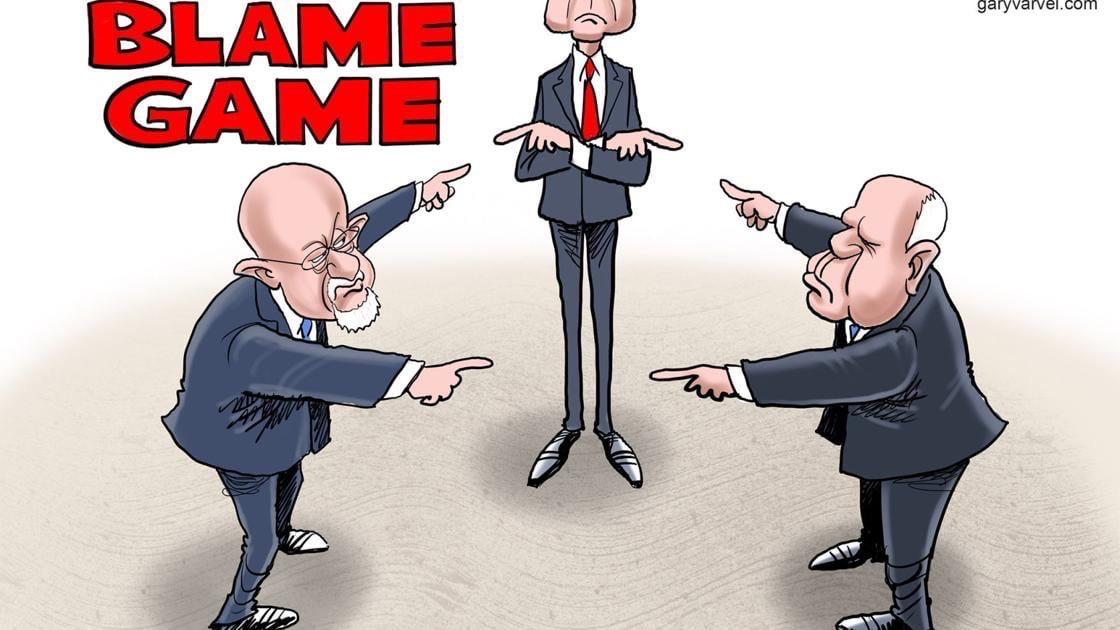It’s a scenario we’re all familiar with something goes wrong, and rather than owning up to our role in the mistake, we shift the blame onto someone or something else. “It’s not my fault,” we might say. “I didn’t get enough training,” or “It’s my boss’s fault,” or even “The weather wasn’t cooperating.” From blaming our teachers and coworkers to external factors like the wind or the economy, people tend to point fingers everywhere except at themselves.
But why is it that humans often find it so difficult to admit when they’re at fault? Is it so bad to acknowledge that we’ve made a mistake? The question remains: why do we pass the blame so frequently?
The Psychology of Blame
At its core, the act of blaming others is rooted in self-preservation. As social creatures, humans are wired to maintain a positive self-image, both in their own eyes and in the eyes of others. When something goes wrong, admitting fault can feel like a threat to this image. We may fear that acknowledging our mistakes will make us appear incompetent, unskilled, or flawed. In many cases, it feels easier to deflect responsibility and maintain an illusion of control or perfection.
Additionally, our brains are hardwired to avoid discomfort, and admitting fault can trigger uncomfortable emotions like guilt, shame, or embarrassment. To protect ourselves from these feelings, we instinctively look for external factors to explain away our errors. This instinct is reinforced by our desire to avoid potential negative consequences, whether those consequences are social disapproval, professional repercussions, or personal feelings of inadequacy.
The Role of Ego and Defense Mechanisms
Blaming others is also a defense mechanism that stems from our ego. The ego, which is responsible for maintaining our self-esteem, often struggles with accepting personal failure or imperfection. When faced with a mistake, our ego may attempt to protect itself by pushing responsibility onto someone else. This defense mechanism allows us to distance ourselves from the failure and avoid the emotional discomfort that comes with acknowledging it.
This behavior can be seen in many areas of life, workplace conflicts, personal relationships, even in minor day to day mishaps. For example, an employee might say, “I wasn’t given clear instructions,” instead of admitting that they misunderstood a task. A student might blame their teacher for their poor grades rather than acknowledging that they should have studied more.
“Personally I adamite that I am a human and humans make mistakes”

